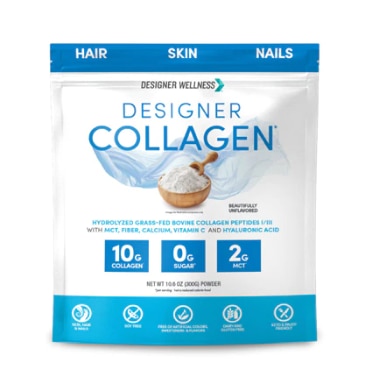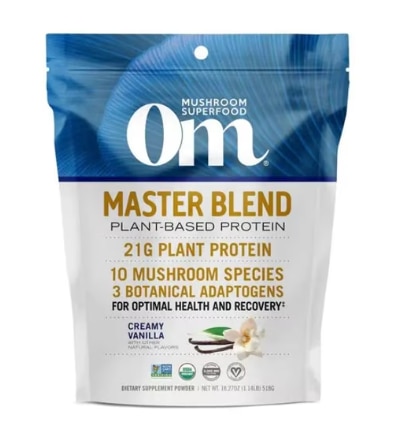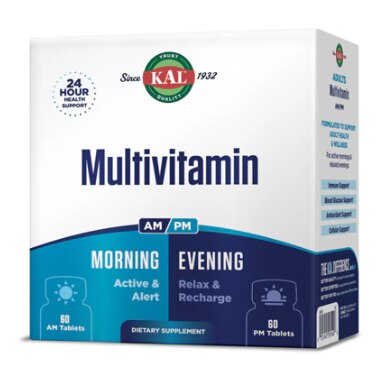The global wellness market is enormous. By 2025, the value of the market is projected to reach $7 trillion.
“The wellness market is booming. Consumers intend to keep spending more on products that improve their health, fitness, nutrition, appearance, sleep, and mindfulness,” says consulting giant McKinsey & Co.
So, when there’s that much money at stake in a booming market, you can be sure that scammers are sniffing around for opportunities to rip you off.
“Dishonest companies will say almost anything to get you to buy their product or service,” says the Federal Trade Commission (FTC).
How to Spot a Wellness Scam
Fortunately, you can spot wellness scams and protect yourself from them. Here are five wellness scams to watch out for.
1. A product claims to make everything better
The FTC warns that any product promising to cure a variety of ailments is a scam. Here’s an example of a bogus claim, courtesy of the FTC: A product touts that it’s been “proven to treat rheumatism, arthritis, infections, prostate problems, impotency, ulcers, cancer, heart trouble, hardening of the arteries, and more!”
If you see an overblown claim like this, don’t buy the product. It won’t deliver the advertised results.
2. A testimonial vows you’ll experience miraculous results
Be wary of any product testimonials from doctors or patients that declare you’ll enjoy extraordinary results, the FTC warns. They’re almost certainly phony statements.
Here’s an example:
“My husband has Alzheimer’s disease. He began taking a teaspoonful of this product each day. And now, in just 22 days, he mowed the grass, cleaned out the garage, weeded the flower beds, and we take our morning walk again.”
A product or treatment that suggests you can dramatically reverse the effects of Alzheimer’s — or any other condition, for that matter — is a product or treatment you shouldn’t purchase.
3. A product makes hard-to-believe declarations
The FTC recommends being distrustful of products that market themselves in glowing terms like “scientific breakthrough,” “miraculous cure,” “secret ingredient,” “exclusive product” or “ancient remedy.”
If a product puffs itself up in such dazzling ways, don’t believe the hype.
4. A product or treatment tries to impress you with phony science
If you come across a product or treatment blasting out marketing language that sounds like something you might (but ultimately wouldn’t) read in a science textbook, do your homework.
The FTC cites phrases such as “molecule multiplicity,” “glucose metabolism,” “thermogenesis” and “insulin receptor sites” as ones that appear to be Einstein-level genius but are actually flimsy. Uncertain about the validity of these and other lofty phrases? Using trustworthy sources, conduct some online research to determine whether these phrases are legitimate or made up.
5. A product or treatment markets itself as “natural.”
As the FTC points out, “natural” doesn’t equate to safe or effective. “In fact, ‘natural’ can mean both harmful and ineffective,” the agency says.
Some so-called natural products might even interfere with legitimate treatments recommended by a healthcare professional, says the FTC.
Proceed cautiously if you’re inclined to use a “natural” product or treatment.
How to avoid wellness scams
Unfortunately, no one is immune to wellness scams. We’re all potential victims.
“It’s important to note that there’s no one type of person who falls for dubious wellness claims,” The Seattle Times assures us. “Even ‘smart’ people who have no trouble applying critical thinking in other areas of their lives can find themselves sucked into wellness culture.”
However, you can do a number of things to be smarter about wellness scams. Here are four tips:
1. Do some sleuthing.
Search online for the name of a product or treatment, plus words like “review,” “complaint” or “scam.”
2. Rely on trusted websites.
Lots of incorrect information is floating around on the internet, particularly social media platforms. When you’re researching a product or treatment, start with reliable sources such as the federal government’s MyHealthfinder tool, gov website or National Center for Complementary and Integrative Health website.
3. Ask a healthcare professional.
Before trying a product or treatment, quiz a healthcare professional about it. Does this really work? What evidence supports the product’s or treatment’s claims?
4. Be skeptical of guarantees or promises.
If a product or treatment pledges that it’ll heal an ailment, for instance, don’t automatically believe the guarantee or promise. Investigate the claim before spending your money. And don’t blindly believe that a government agency has given its blessing to the product or treatment.




